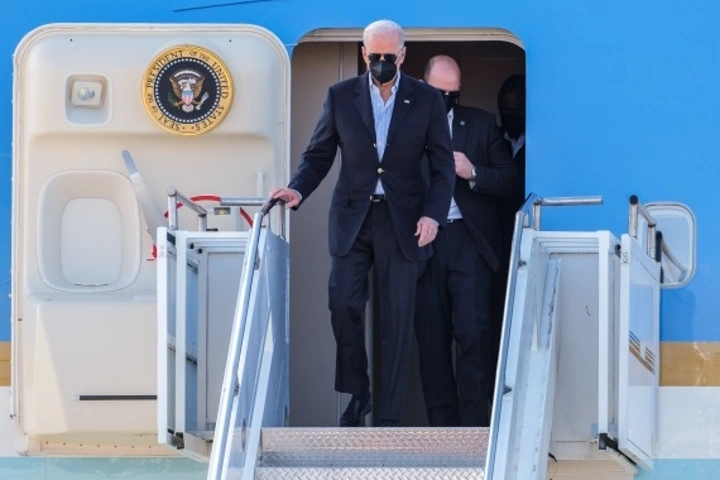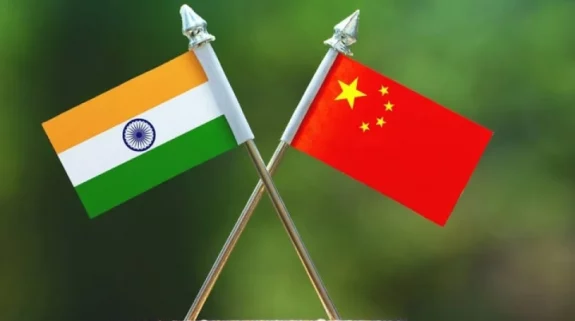US President Joe Biden has sought $1.8 billion from this year's budget to take on China and support a free and open Indo-Pacific (FOIP) region.
The budget proposal says: "To support American leadership in defending democracy, freedom and security worldwide, the budget includes nearly USD 1.8 billion to support a free and open, connected, secure, and resilient Indo-Pacific region and the Indo-Pacific strategy, and USD 400 million for the Countering the People's Republic of China Malign Influence Fund".
Last year too the US had hiked its defence budget to an all time high keeping in view the military threats from China towards countries like Taiwan, Japan and India besides the 10-member south-east Asian nations.
Biden, like his predecessor Donald Trump, has prioritised taking on the challenge from China in security and defence, trade and technology.
Talking about the the vast Indo-Pacific region which stretches from East Africa to the western Pacific Ocean, Biden said: "In the Indo-Pacific, America is strengthening its role and expanding its cooperation with longtime allies and partners, including new diplomatic, defence and security, critical and emerging technology and supply chain, and climate and global health initiatives, while supporting stronger ties between our European and Indo Pacific allies".
The US President has made it clear that the Indo-Pacific region needs not just strengthening the security architecture but also economic and development support to the countries. This will help limit China's influence in the region and also boost confidence in the region against Chinese aggression towards its neighbours. This is where the role of the four-member bloc–the Quad with Australia, India, Japan and the US, also comes in.
In a statement garnering support for his proposal, on Monday Biden said: "I'm calling for one of the largest investments in our national security in history, with the funds needed to ensure that our military remains the best-prepared, best-trained, best-equipped military in the world".
This time, Biden's proposal also earmarks $682 million for Ukraine, which is an increase of $219 million from 2021, to counter Russia and to meet emerging needs related to security, energy, cybersecurity and disinformation issues, macroeconomic stabilization, and civil society resilience.
NATO bolsters chemical, nuclear defences for eastern flank troops: NATO is stepping up chemical and nuclear defences for it forces in eastern Europe in the face of fears over Russia's war on Ukraine, says alliance Secretary General Jens Stoltenberg. pic.twitter.com/e4YdaL8jce
— worldnews24u (@worldnews24u) March 24, 2022
Consequently analysts say that Washington's focus on Russia may dilute its attention towards China. Already, after a conversation with his Chinese counterpart Xi Jinping, the US has decided to ease some trade restrictions on China, in a seeming bid to drive a wedge between Beijing and Moscow.
The Russian invasion of Ukraine has upset European countries–most of whom are close allies of the US and depend upon American support. Many are now looking at procuring weapons and energy from the US to safeguard their interests.




















